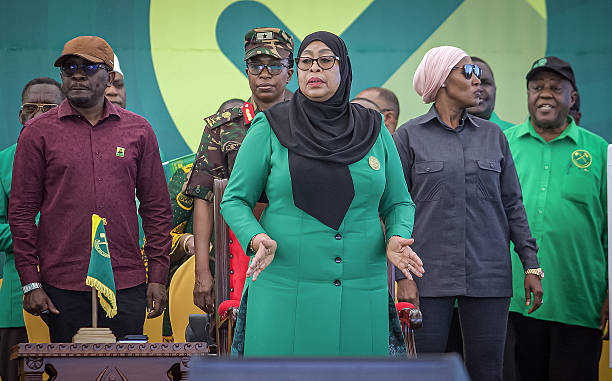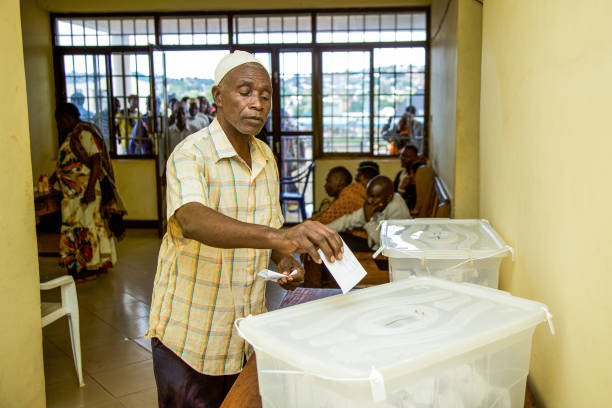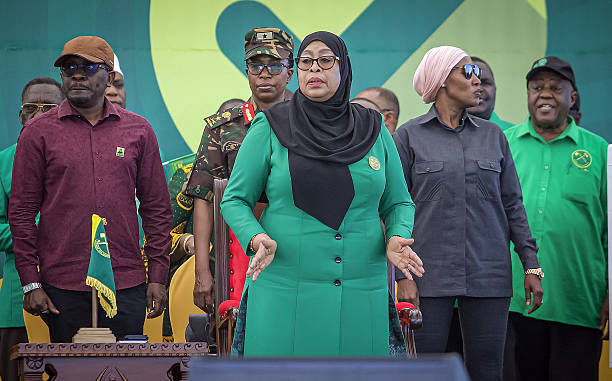Tanzanians will vote on Wednesday to choose their next president, members of the National Assembly, and ward councillors. The elections come at a time when frustration is mounting over poor public services and widening social inequalities.
For many voters, key concerns include access to clean water, reliable electricity, and the persistent gap in education and employment opportunities.

A supporter of the ruling Chama Cha Mapinduzi (CCM) party voiced frustration with the country’s healthcare system, noting that hospital expenses remain unaffordable for most citizens.
“When someone is admitted, the costs are very high. Sometimes a person dies, and the family still has to pay money just to collect the body,” she said.
Despite nearly fifty years of CCM dominance, critics argue that the party has failed to deliver meaningful change. An opposition supporter expressed hopes that younger leaders might steer the country toward reform, saying they wanted “young people to be elected into leadership to bring about change.”
Seventeen candidates and their parties are officially listed to contest the polls. Yet, President Samia Suluhu Hassan—who assumed power after the 2021 death of John Magufuli—remains the only nationally recognised contender.

Initially praised for relaxing some of her predecessor’s authoritarian policies, President Hassan now faces growing criticism for what many describe as renewed political repression.
The main opposition party, Chadema, has accused the government of systematically silencing dissent in the lead-up to the elections. Alongside ACT-Wazalendo, the country’s second-largest opposition movement, Chadema has boycotted the polls after several of its key figures were banned from contesting.
Observers warn that the absence of major opposition parties may undermine the credibility of the election, further entrenching one-party dominance in Tanzania’s political landscape.



